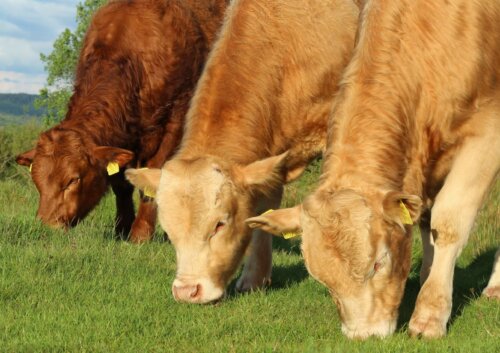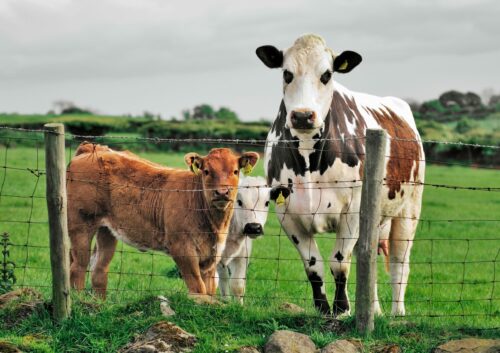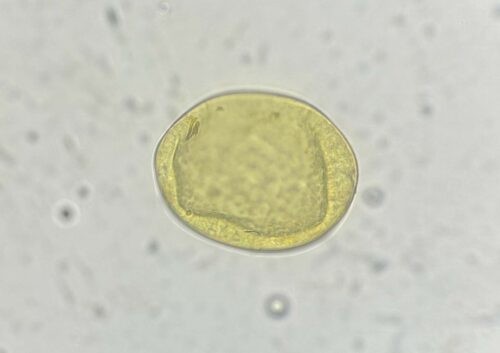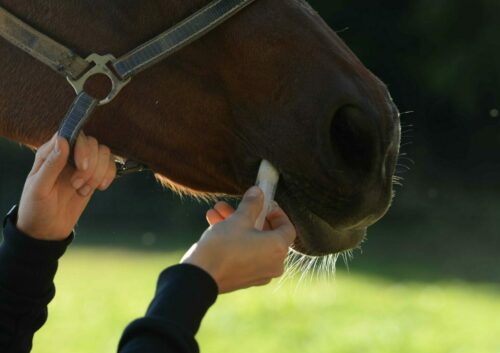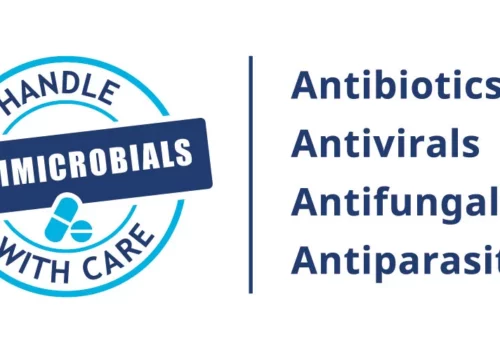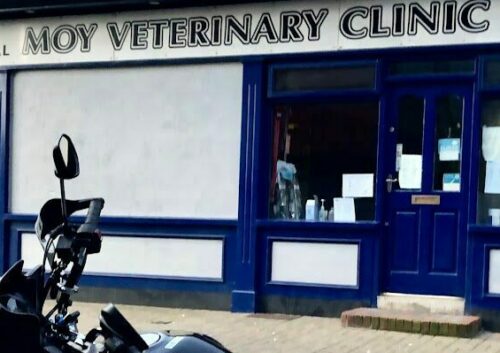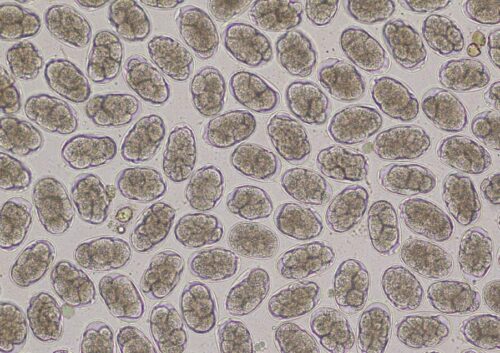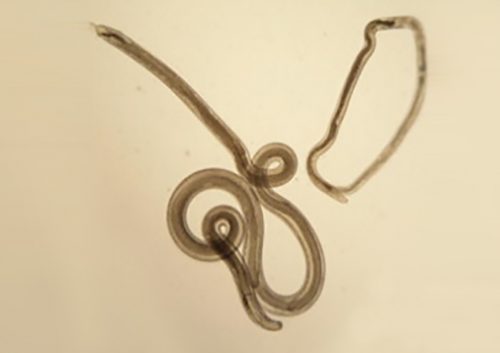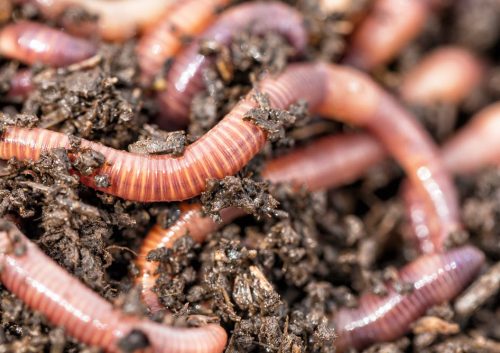Animal Health Ireland Launch Free Parasite Control Scheme
After months of cold, dark, rainy days, it’s finally trendy to have a farmer’s tan again! However, the Summer also represents the start of the worm season on farms. Stomach and gut worms favour the summer months as the higher level of warmth and humidity presents the ideal conditions for them to thrive. As temperatures increase, these worms can complete their lifecycle in as little as three to four weeks.
When left untreated, worm infections can suppress appetite and cause gut damage leading to livestock problems such as lack of thrive, scour, and in severe cases, Anaemia. The reduction in growth rate can be as high as 50%, which is a serious loss in performance.
Therefore, a parasite control programme is important to prevent the build up of stomach worm larvae on grazing pastures. Up to this point, the typical approach has been to blanket dose animals on a regular basis to get rid of potential worm infections. While this may solve the problem in the short term, it is leading to far worse long-term issues such as anthelmintic resistance.
Resistance is present when the target parasites survive a dose that would normally be expected to kill them. Research at Teagasc has shown a growing drug resistance building amongst worm populations. This threatens the future effectiveness of wormers for the control of worm infections.
Unfortunately, for farms with resistance issues, this is a genetically inherited trait. This means that the ability to survive treatment is passed on to the next generation of worms. Each time a wormer treatment is given, resistant worms survive and only the susceptible worms are killed, increasing the proportion of the worm population that is resistant to the wormer. Therefore, more frequent worming treatments increase the risk of the worm population developing anthelmintic resistance.
In a nutshell, wormers should only be used when required, or they won’t be effective when needed.
Farmers must adopt alternate methods of controlling worms, including herd health plans, pasture management and targeted dosing. Faecal sampling, through FEC testing, is critical for parasite control as it helps farmers to determine when dosing is necessary, the suitable medication, and the dosage required.
There are multiple factors which contribute to increased resistance and parasite control planning is essential to address this damaging issue.
Animal Health Ireland have launched a parasite control targeted advisory service on animal health (TASAH) for the 2022 season. This scheme funds a free veterinary visit focused on parasite control planning tailored to the specific farm. It also includes two free faecal egg count tests to diagnose worm infections and measure the efficacy of any treatments given. This fully funded service is available to all cattle and sheep farmers in Ireland.
Farmers can register for their free consult and FEC tests in less than 5 minutes on the Animal Health Ireland website by clicking here.
535 vets around the country are currently participating in the scheme but if your vet has not completed the required training, you can contact the AHI office on 071 9671928 or by email pc@animalhealthireland.ie to inquire.
There are currently a number of veterinary practices in Ireland using Micron Kit to provide a rapid parasite testing service to farmers, and you can check to see if your vet is on the list here. Micron Kit is suitable for use as part of the TASAH scheme.


